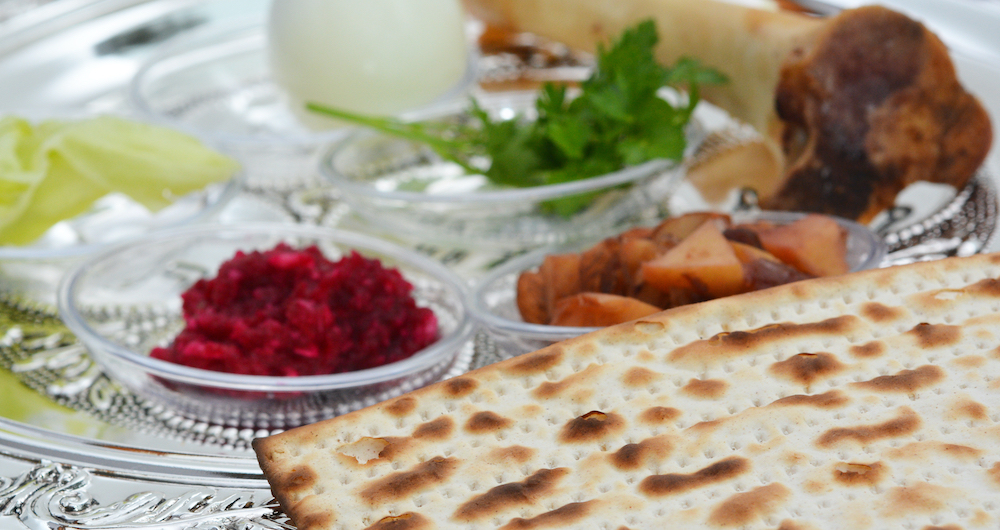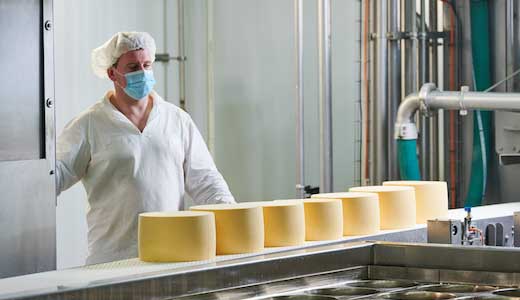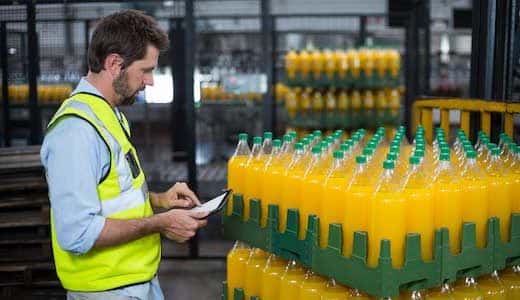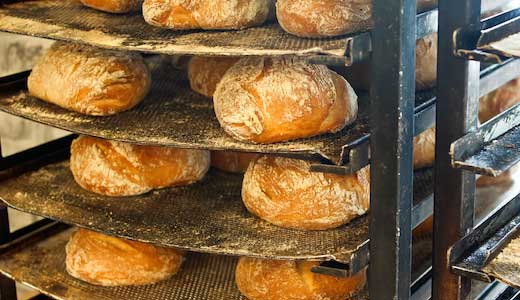Posted by Zosi Team

In kosher production, there are special circumstances that warrant extra concerns and requirements. One of these is Passover. Passover spans eight days each spring and is one of the most widely celebrated Jewish holidays. During Passover, kosher consumers do not eat or possess any “chametz” or leavened grain (or its derivatives).
Chametz refers to any food or drink containing wheat, barley, rye, oats, spelt, or their derivatives that were not blocked from leavening or fermentation. Foods eaten during Passover require a unique kosher certification. This certification and subsequent labeling tell consumers it is okay to buy and consume your product during this time.
This blog will detail what you need to know about producing kosher food for Passover and which food items don’t need a special kosher for Passover certification.
The Kosher for Passover Market
If you are on the fence this year about producing kosher food Passover, a look into the thriving market may convince you to act. According to our training partner OU Kosher, and Impact Group News, “over 90% of American Jewish people purchase Passover items or participate in a Seder meal. The Passover shopping season accounts for $1.3 billion” of the booming Kosher food market.
Producing Passover-certified food also opens the door to consumers who suffer from Celiac disease and those who prefer to keep a gluten-free diet. Passover shopping begins roughly a month in advance, so it is important to plan for your production and coordinate with a certifying agency as early as possible.
Preparing for Passover: Kosher Foods to Watch
If you oversee a beverage facility, you may be asking how kosher requirements affect you. Certain ingredients in a beverage facility may interact with Passover-prohibited food items, deeming them excluded from certification. For example, corn syrup and its high-fructose counterpart are key ingredients in beverage plants. However, kosher consumers who avoid corn will not be able to use any beverages made with these syrups during Passover. Often, plants choose to use sugar as a substation.
Vitamins, proteins, enzymes, and other additives occasionally contain grains or legumes. In other cases, these items may have been cultured using grains. Both cases pose problems for kosher for Passover foods.
Lastly, alcohol remains a Passover concern. While several beverage flavors use alcohol, if this ingredient came from a problematic grain, it cannot be consumed during Passover. Typically, beverage plants produce special Passover flavors under the close on-site supervision of a Rabbi.
Kosher for Passover-Exempt Foods
The following products do not require a special kosher for Passover certification, according to the OU. You can find further information on exemptions in the OU’s latest Guide to Passover.
Does Milk Have to be Kosher-for-Passover Certified?
Milk does not require a special kosher for Passover certification. However, since milk contains additives (a chametz risk) it must be purchased (and therefore produced well in advance) of Passover.
Getting Your OU Kosher for Passover Certification
Passover production requires the presence of the Rabbi for the entirety of production. The Rabbi audits every aspect of production as it takes place, from kosherization of the production line and staging of ingredients to labeling. Since this type of production requires a Rabbi to be on site for the duration, it’s important to schedule and arrange with the certification agency in advance. This ensures the availability of Passover-sensitive raw materials and supervision.
Conclusion
Passover products are some of the most challenging to produce, but they bring great reward. To learn more about what you can expect from Passover production in the bakery, beverage, and dairy industries, consider our online library of kosher production courseware. Built with the experts at OU Kosher, these courses further demystify the guidelines and benefits of the kosher food industry. Start learning today!



 Managing Kosher Production
Managing Kosher Production
 Managing Kosher Dairy Production
Managing Kosher Dairy Production
 Managing Kosher Beverage Production
Managing Kosher Beverage Production
 Managing Kosher Baking Production
Managing Kosher Baking Production

